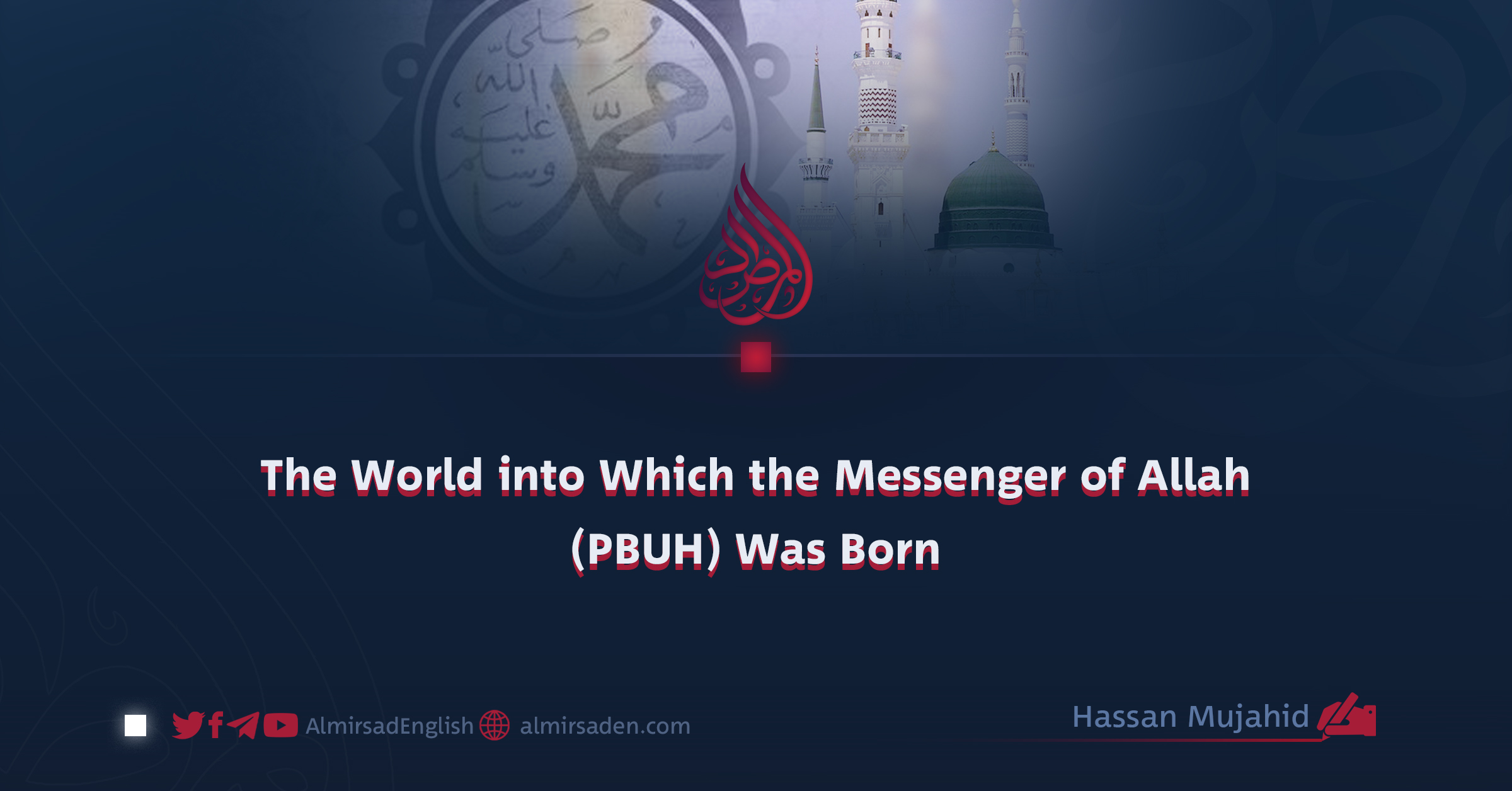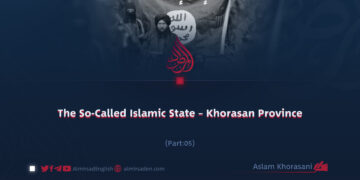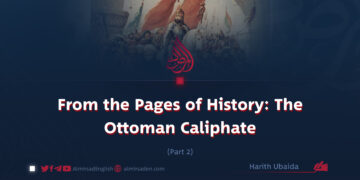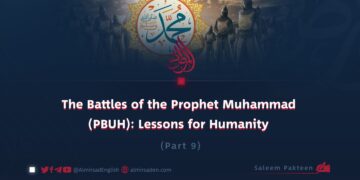Author: Hassan Mujahid
Before the dawn of Islam, the Arabian Peninsula was engulfed in a deep darkness characterized by ignorance, superstition, immorality, and rampant social injustice. A multitude of misguided beliefs and ideologies flourished. Some outright denied the existence of Allah, attributing creation to mere chance, time, or nature. Others worshipped idols, hoping they would serve as intermediaries to draw them closer to Allah. The Thaqif tribe in Ta’if revered the idol Al-Lat, the Quraysh in Makkah venerated Al-Uzza, and the tribes of Aws and Khazraj in Madinah worshipped Manāt.
Sacrifices were offered in the names of these lifeless idols. Social structures were deeply corrupted—women were treated as inheritable property, men married their stepmothers, and there were no defined limits regarding marriage or divorce. Adultery and intoxication were widespread, with little shame attached. Morality had declined so drastically that the famed poet Imru’ al-Qais shamelessly boasted about illicit relations with his cousin and even hung such indecent poetry on the sacred walls of the Kaaba.
The Reign of Superstition and Sorcery
Magic and superstition were rampant. Many sought companionship with devils through magical practices. Arabs saw omens in everything—from crows and sneezes to the voices of mute people and nocturnal animals.
Some believed that tying a knot on a twig before travel and examining it upon return could indicate a wife’s loyalty. Others relied on divining arrows marked with “Yes” or “No” to make crucial life decisions. It was widely believed that if a murder went unavenged, a bird named Hamah would rise from the skull of the deceased and cry out for retribution. Some thought that every person harbored a snake within their belly, which consumed them when hungry. Others believed that rubbing the body of a deceased child could protect a grieving mother from future loss.
Tribalism, War, and Moral Decay
Tribalism ruled the land, and wars frequently erupted over trivial provocations, dragging on for decades without purpose or benefit. These wars brought only destruction and grief. Martial prowess was glorified, and arms were revered to such an extent that the Arabic language contains over a thousand terms for swords and horses.
Hijab was unknown, and illicit relationships were normalized. Women freely mingled with unrelated men, and romantic affairs were so common that those who had not experienced one were mocked. Some tribes, such as Banu ‘Udhrah, gained fame for their romantic obsessions.
Among the darkest practices of this time was female infanticide, particularly prevalent among the Quraysh and Banu Tamim. Fathers, considering daughters a source of shame, would dress them in fine clothes and take them to a field only to cast them into a pre-dug grave. The innocent cries of these young souls were silenced beneath the earth. Qays ibn Asim is reported to have buried ten of his own daughters alive.
Banditry and Injustice
While some urbanites respected neighbors’ rights, deception and fraud were widespread. In the deserts, nomads lived by plunder and abduction. Travelers were robbed and sold into slavery. Wells were hidden so wayfarers would perish from thirst, making it easier to seize their possessions. Some became so notorious for robbery and exploitation that they were referred to as Dhubban al-Arab (Wolves of the Arabs).
Jahili Practices Around Death and Health
The customs surrounding death were equally misguided. When someone died, a camel was tied beside their grave, blindfolded or with its head bound, and left to die—under the belief that the deceased would ride it in the afterlife.
To avoid diseases, some would bray like donkeys at city gates, thinking it would ward off illness. If a camel developed mange, a healthy camel would be branded to transfer the disease. If one cow refused to drink, all the cows would be beaten, as it was believed that jinn were causing the issue.
A World Awaiting Light
When the world was drowning in misguidance and humanity had sunk to its lowest moral state, the universe awaited a savior. The stars watched in anticipation. The heavens, the sun and moon, the winds and clouds—all bore witness to the momentous coming of a being destined to change the course of history.
The monotheism of Ibrahim (AS), the beauty of Yusuf (AS), the miracles of Musa (AS), and the piety of Isa (AS)—all prefigured the noble attributes that would culminate in the final Prophet.
Then came that blessed day: the palace of Kisra trembled, the fire temples of Persia were extinguished, the might of the Romans and the majesty of the Chinese palaces fell. Idols were shaken, false religions faltered, and the long-awaited spring of guidance blossomed. The sun of Tawheed rose, and the radiant light of divine morals illuminated the world.
On a Monday, the 9th or 12th of Rabi’ al-Awwal, the orphan son of Abdullah, the beloved child of Amina, the Guardian of the Sacred Sanctuary, the Leader of the Arabs, and the Mercy to the Worlds—Prophet Muhammad (PBUH)—was born.
A Divine Blessing and a Call to Action
The birth of the Prophet (PBUH) is one of the greatest blessings Allah has bestowed upon humanity. It signaled the end of misery and the beginning of divine mercy. Gratitude for this immense favor is a duty upon us all. Yet, true gratitude is not confined to Mawlid celebrations, gatherings, or charitable distributions.
However, true gratitude is not expressed merely through Mawlid celebrations, communal gatherings, or acts of charity. Genuine thankfulness lies in emulating his Sunnah, reviving his faith—which has become estranged and is under siege from all sides—and defending it with sincerity and conviction.
We must rise against the innovations and evils of our age, many of which echo the ignorance of the pre-Islamic era. Let us work together to reestablish the authentic Islam that shone during his noble life. May Allah bless us with the honor of witnessing a revival of the Prophetic era once again.



















































